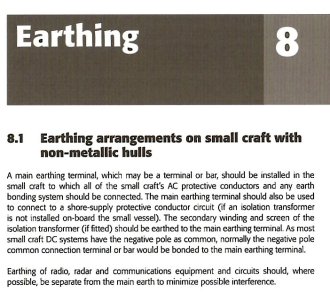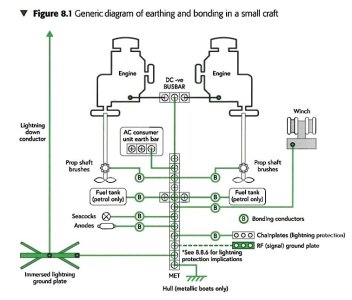PaulRainbow
Well-Known Member
I'm not here to answer to you, you will argue until the cows come home, no matter what anyone says, unless it agrees with you.I have repeated asked Paul to do the current flow analysis, and he has refused, I do consider why, I have my opinion but will not express it here on a public forum.
You are unable to comprehend the simple concept that fixed generator and inverter installations are required to have a secondary Earth connection, other than shore power Earth and that the Neutral/Earth must be bonded at supply.
That's what current regs say, it's what manufacturers say and it's exactly what Honda says about the OPs generator.
It's really that simple !
If you want to invent special rogerthebodger wiring that's entirely up to you, but don't post on here that it's in some way better or safer than official methods.


